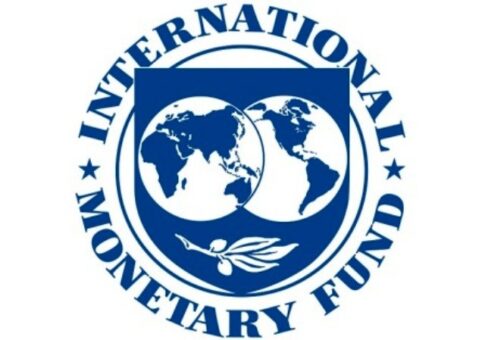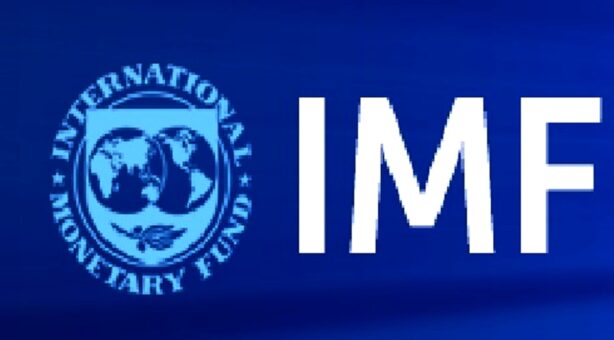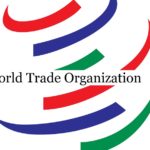KARACHI: International Monetary Fund (IMF) has projected that Pakistan’s GDP growth may grow five percent in 2023/2024 from projected growth of 1.5 percent in the current fiscal year.
The IMF issued country report on Pakistan’s economy on Thursday.
According to the IMF real GDP growth is projected to remain subdued at 1.5 percent in FY 2021—consistent with the forecasted course of the pandemic and vaccinations, and global recovery in the WEO baseline— and recover to 4 percent in FY 2022 as the vaccine rollout, confidence, and investment take hold.
Growth is expected to gradually improve, but only reach its medium-term potential of 5 percent in FY 2024, later than envisioned in the first EFF review, due to the large shock and the need for continued fiscal adjustment, which is expected to offset some of impact of the stronger private sector growth on the overall economy.
Average CPI inflation is expected to average 8.7 percent in FY 2021 and 8 in FY 2022, as continued high food prices and energy price adjustments outweigh soft international oil prices and weak domestic demand.
The current account deficit is forecast to widen to 1.5 percent of GDP in FY 2021, as a result of the recovery and it should continue to gradually widen toward 3 percent over the medium term with stronger imports triggered by revived domestic demand and exports.
However, the market determined exchange rate, together with adequate monetary policy, would help strengthen reserve cover to over 3½ months of imports by FY 2025.
— Debt is projected to enter a downward path with narrower twin deficits: public debt is forecast to fall toward 70 percent by FY 2026 and total external debt below 40 percent of GDP by FY 2024.
Substantial risks cloud the outlook, amplified by the Covid-19 pandemic.
These fall under four broad groups: First, high uncertainty—notably around the global recovery and thus the prospects for growth, trade, and remittances—arises from the second wave of the pandemic and emergence of new strains worldwide.
These could reverse the current course of the pandemic in Pakistan and require additional mitigation efforts, especially if domestic vaccination efforts were to stall.
Second, policy slippages remain a risk, amplified by weak implementation capacity and influential vested interests. This particularly affects the fiscal area and thus debt sustainability, including the risk with provinces under-delivering on their commitments to budget parameters.
Third, failures to meet program objectives, including those related to the authorities’ AML/CFT action plan with the Financial Action Task Force (FATF), could hamper external financing and investment.
Fourth, geopolitical tensions could increase oil prices and an adverse shift in investor sentiment affect external financing. At the same time, an upside for growth and program objectives arises from the political calendar: with the senate election having taken place in March 2021, there is a window to accelerate reforms until the general elections scheduled for August 2023.
The Debt Sustainability Analysis confirms that public debt remains sustainable with strong policies, but also points to risks from policy slippages and contingent liabilities.



